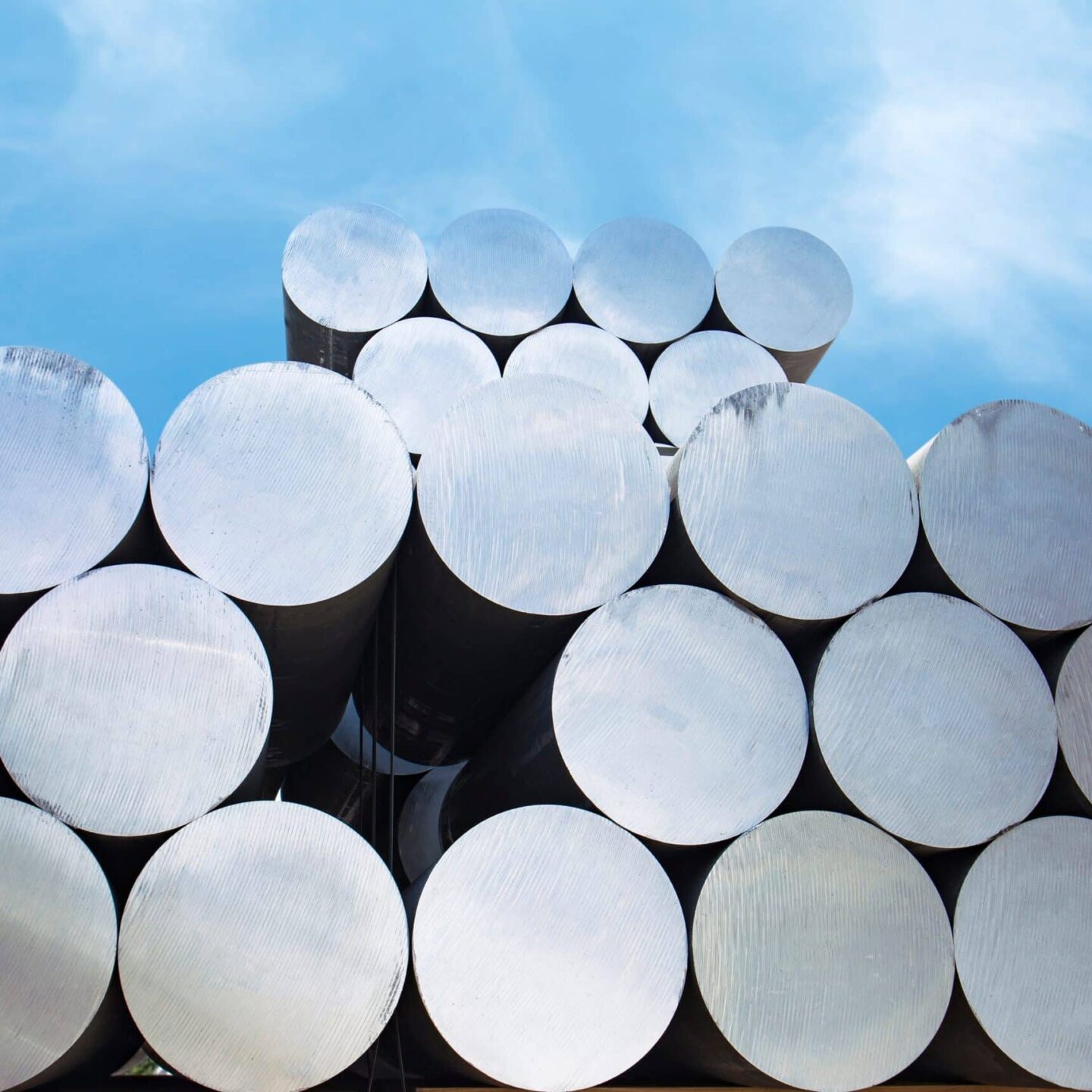Aluminium can recycling has a pivotal role to play in creating a more sustainable and economically robust future for the United States. The U.S. is the biggest user of aluminium beverage cans worldwide, followed by China and Europe. Aluminium cans are more than just convenient beverage containers. They represent a critical opportunity for sustainable resource management in the United States. Increasing the recycling rates of aluminium cans is paramount for multiple environmental and economic reasons.
Recycling reduces carbon emissions and energy consumption, and enhances the production of low-carbon aluminium products. In the U.S., over the past three years, secondary producers have invested over $7 billion in recycling and rolling mill infrastructure, which includes significant capacity for aluminium can sheet.
Aluminium recycling saves 95% of the energy needed for primary production and reduces greenhouse gas emissions by over 90% globally.
By improving recycling rates, the U.S. can strengthen its supply chain resilience through increased reliance on domestic resources.






